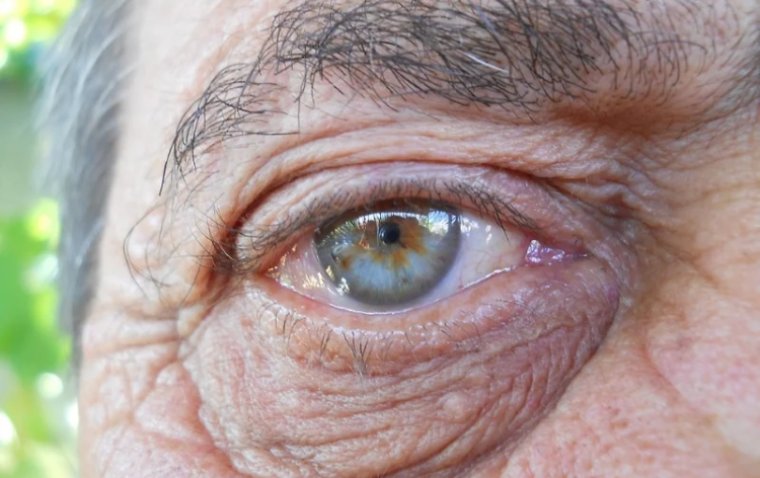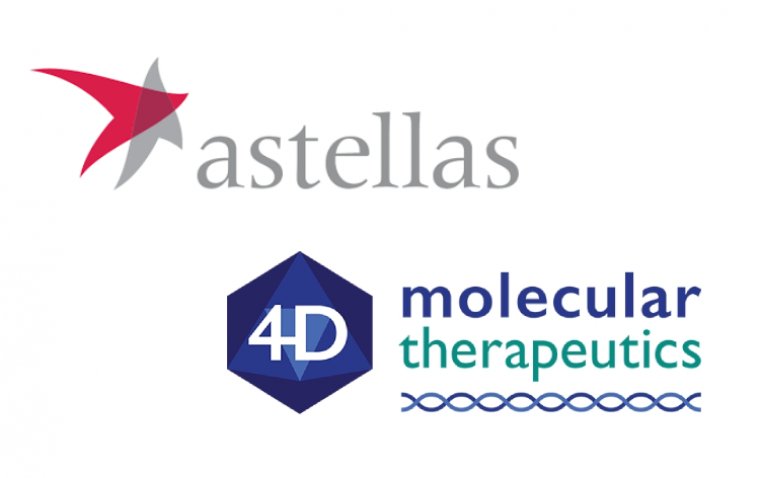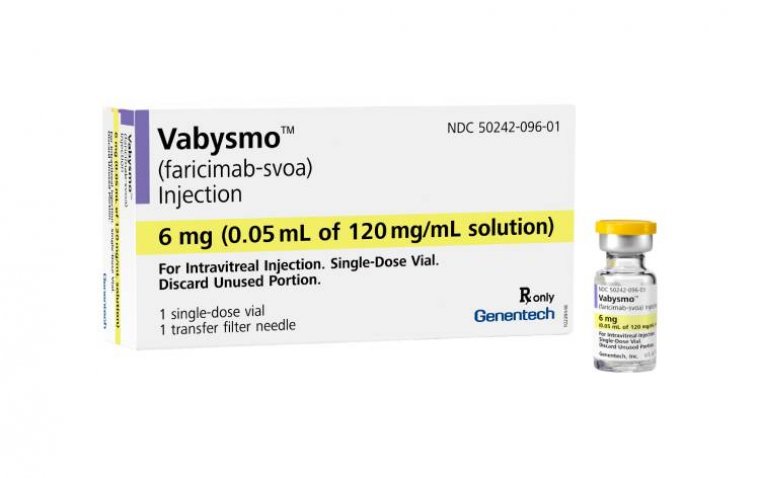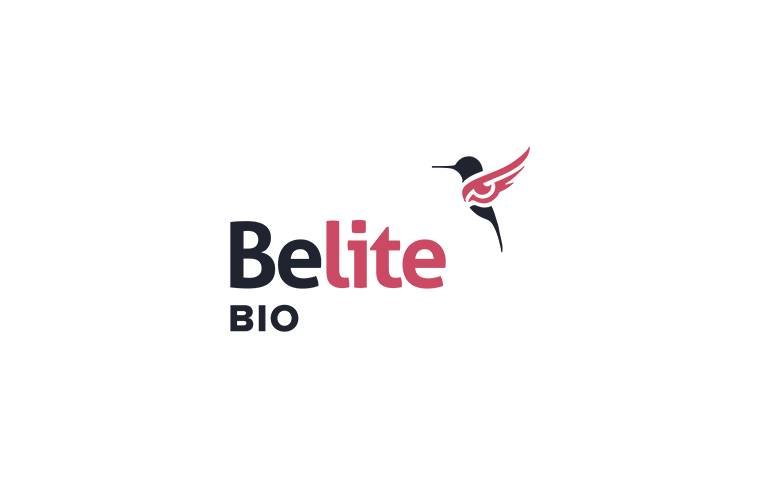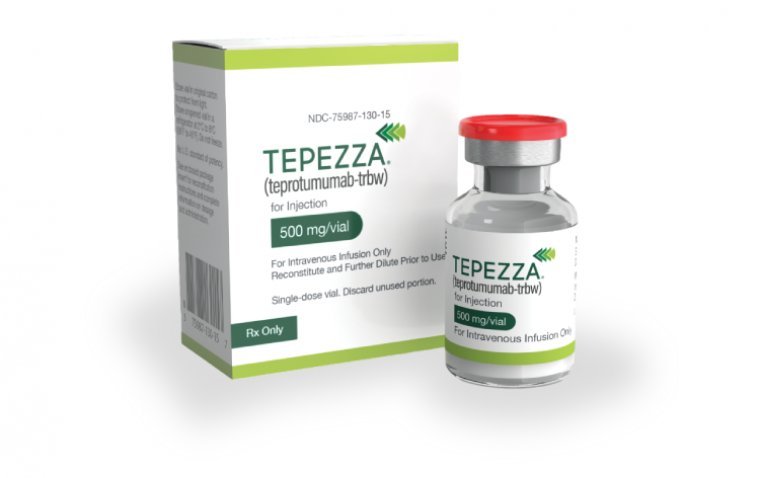
FDA Includes Hearing Loss and Impairment Warnings to Horizon’s TEPEZZA Label
The US Food and Drug Administration (FDA) has taken action to update the warning label on Horizon Pharmaceutical's TEPEZZA, a drug used to treat thyroid eye disease (TED), to include the risk of hearing impairment or loss. The recent addition to the label cites "severe hearing impairment, including hearing loss," as one of the major changes under the warnings and precautions section of the drug.
According to the newly added warning from the FDA, there is a risk of "severe hearing impairment, including hearing loss" with TEPEZZA, and in some cases, this impairment may be permanent. The FDA advises healthcare providers to assess patients' hearing before, during, and after treatment with TEPEZZA and carefully consider the benefit-risk balance for each patient.1
The FDA's decision comes in the wake of a growing number of lawsuits faced by Horizon Pharmaceuticals, alleging that the initial warning labels did not adequately disclose the potential for hearing complications from TEPEZZA injections.
While permanent hearing loss has been associated with the drug since its clinical trials, this serious side effect was not previously included in the official warnings.
It is worth noting that just a month ago, the Brazilian Health Regulatory Agency (ANVISA) approved TEPEZZA for use in Brazil to treat thyroid eye disease. The updated warning label in the US raises questions about the extent to which this important safety information was considered during the approval process in other countries.
Furthermore, a recent study published in the medical journal Endocrine Practice has shed light on the prevalence of hearing-related adverse events associated with TEPEZZA. Out of 121 patients, 16% (20 patients) reported experiencing issues such as tinnitus, hearing loss, hyper/hypoacusis (distorted hearing sensitivity), autophony (hearing one's own voice or breathing), or eustachian tube dysfunction.2
Given the gravity of the newly recognized side effect, patients undergoing TEPEZZA treatment should be vigilant about any changes in their hearing and promptly report any concerns to their healthcare providers. Timely detection and intervention may help prevent permanent hearing damage in those receiving the medication.
References
1. US Food and Drug Administration. Tepezza Prescribing information. Accessed July 24, 2023. https://www.hzndocs.com/TEPEZZA-Prescribing-Information.pdf
2. Terry J. Smith, MD, Qianhong Fu, MS, Robert J. Holt, PharmD, MBA. Hearing-Related Adverse Events and Quality of Life Assessments in Thyroid Eye Disease Patients Treated with Teprotumumab. Endocrine Practice. DOI: https://doi.org/10.1016/j.eprac.2023.03.245
(1).jpg)
